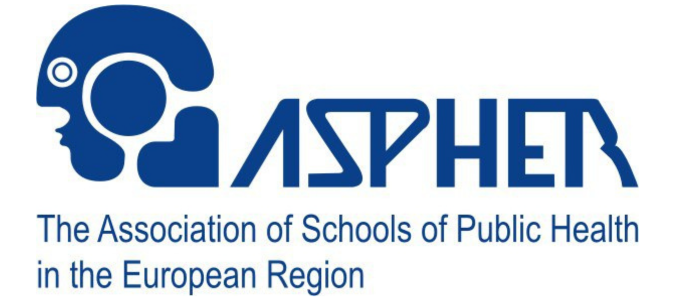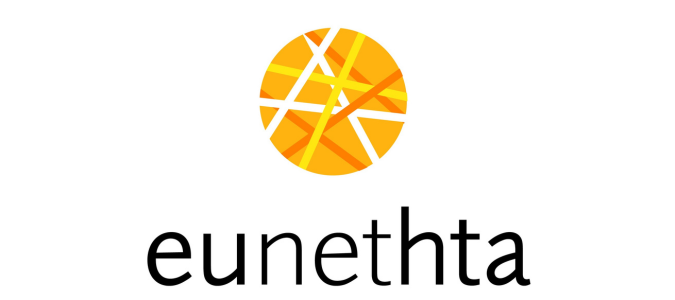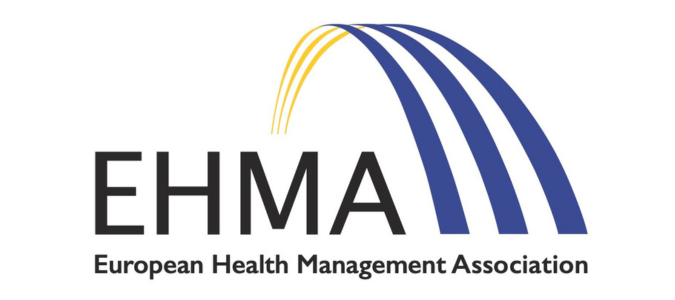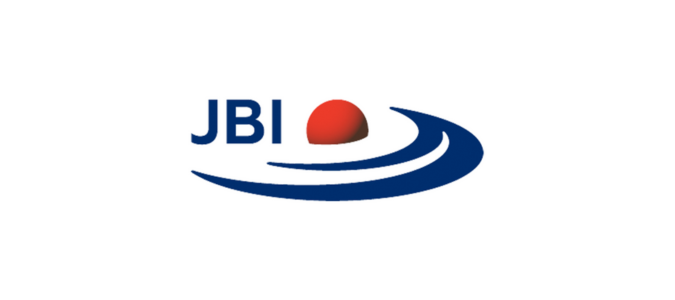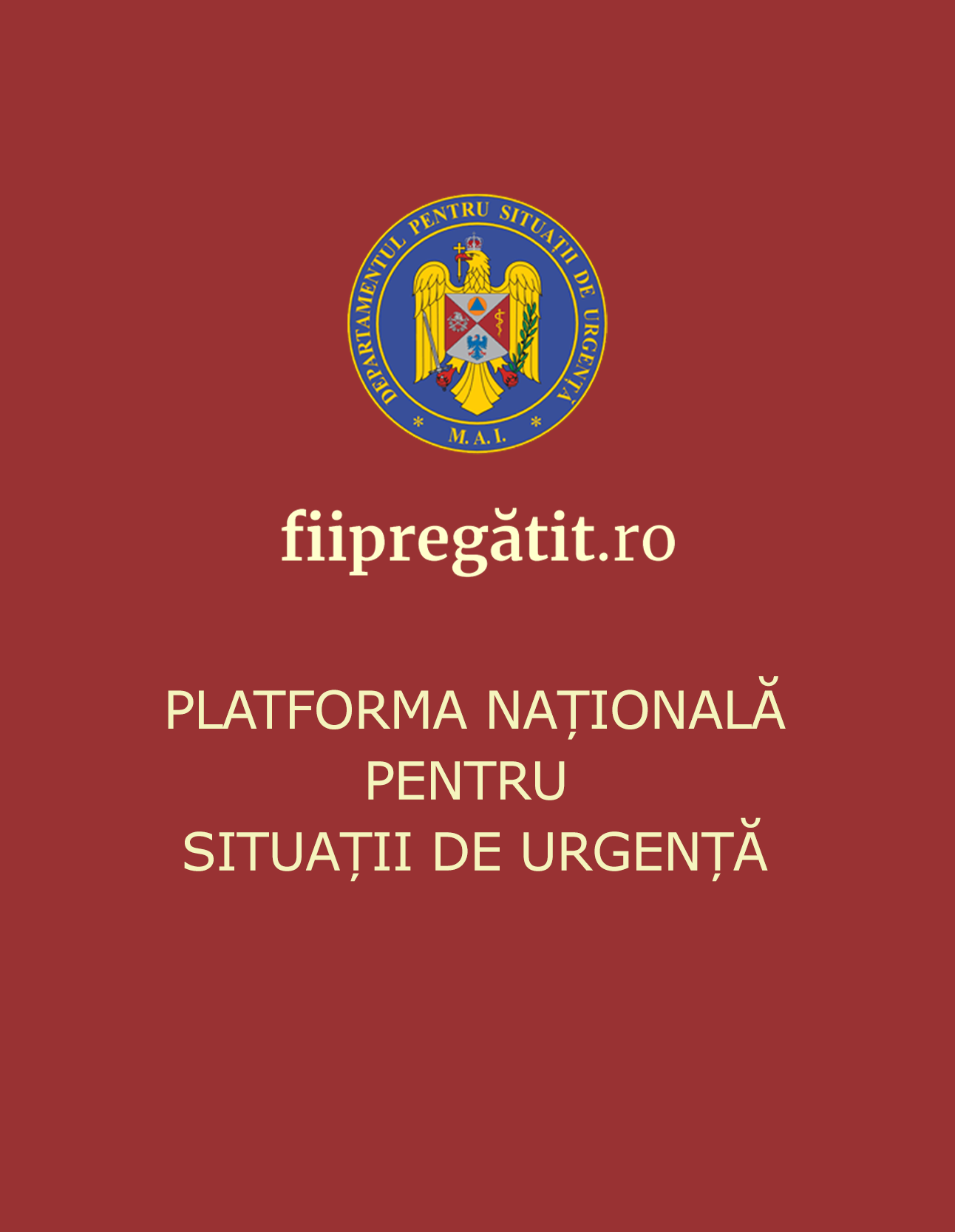
Attestation in Health Services Management (ATMS)
Target group
Specialist or primary care physicians (career hospital manager, medical director or head of department).
General objectives
At the end of the programme the learner will have to:
1. Know the methods of measuring the health status of the population and identify health problems
2. Know the methodology of health planning
3. Know the content of general management and human resources management
4. To know the trends of health care reform in our country and in other countries
5. Identify the resources used to deliver health services, the extent of their use and the scope for intervention to increase efficiency;
6. Establish resource allocation criteria in line with resource availability and needs assessment
7. Know and assess trends in health service reform
8. Know and implement quality management principles and tools
Specific objectives
At the end of the programme the learner will have to:
1. Know the application of epidemiological surveys in public health
2. Understand the organisation of health services by levels of care – primary, hospital, outpatient
3. Describe the fundamental concepts of health service management and planning.
4. Understand the functioning and characteristics of the health services market.
5. Know the methods of financing health services.
6. Understand the principles of case-based funding.
7. Construct a projected budget of a health facility
8. Do human resource planning at the level of a health facility
9. Understand the principles of accreditation and hospital accreditation in Romania.
10. Know change management and act in image crisis
11. Apply knowledge of hospital performance evaluation in the context of the Romanian health system performance.
12. Understand and use health technology assessment
13. Know and use the principles of communication and public relations.
14. Develop a plan to improve hospital management.
15. Develop health projects: aim, objectives, activities, budget, indicators and implementation
Skills
At the end of the programme, the learner should have the following practical skills in addition to the standard professional competence as a medical specialist:
1. Use and interpretation of epidemiological surveys in public health
2. Use of health management principles and tools in the coordination of own activities
3. Understanding and using case-based funding.
4. Building a health facility budget forecast
5. Do human resource management at the level of a health facility
6. Act in an image crisis
7. Improve knowledge of hospital performance evaluation
8. Use the assessment of medical technologies
9. Communicate effectively inside and outside the health facility
10. Develop a plan to improve hospital management.
11. Development and implementation of a hospital quality plan
12. Development of health projects
Program code – ATMS
Program coordinator: Prof. Dr. Cristian VLĂDESCU/ Dr. Mona MOLDOVAN
M1. Comparative analysis of health systems
Theme:
- Health systems – general
- National health systems: United Kingdom
- National health systems: Canada
- The health system in Romania
- Health systems reform – Romania
- US health care system
- Health system in France
- Social health insurance schemes: Germany
- Social health insurance systems: Netherlands
M2. Health economics
Theme:
- Health economics: basics
- Health services market
- Types of health systems financing
- Methods of payment for health care providers
- Economic evaluation: importance, areas of application
- Economic valuation: types of economic valuation
- Economic evaluation: types of costs, types of results
- Practical application: Individual study
M3. Ethics and EU integration
Theme:
- Medical ethics – ethical principles and values
- Medical ethics
- Patients’ rights
- Introduction to the EU institutions
- European Union Public Health Programme
M4. Health technology assessment
Theme:
- Evidence-based medicine – overview
- Health technology assessment
M5. Quality management
Theme:
- Quality management system
- The concept of quality and hospital service
- Improving quality
- Quality indicators – p. I + p. II
- Quality measurement. Quality methods and tools
- IAAM Management – p. I + p. II
- Patient satisfaction
M6. Financial management
Theme:
- Introduction to Public Accounting and Public Financial Accounting Management
- Summary financial documents. Public procurement. Exercises
- Financial communication of public institutions, usefulness of financial information at hospital level
- Current coordinates of hospital management in the European context. Funding. Exercises
- Relevant legislative chart. Apl.: analysis of some performance indicators of the ward/hospital
- Financing hospital services. Calculation of section income
- The ward/hospital management project. The management project of H
- Evaluation: I. Analysis of the section’s financial situation (income-expenditure); II. Hospital Management App
M7. General management
Theme:
- Management functions and roles
- Strategic planning
- Change management
- Decision-making mechanisms
- Trading
- Conflict
- Leadership
- Leadership styles
- Team development
M8. Programme and project management
Theme:
- Getting started – basic concepts / Presentation of the life cycle of a project
- Fundamentals of a project proposal / Problem identification. Target group
- Basic elements of a project proposal; Purpose, objectives
- Fundamentals of a project proposal / Activities, project time planning, budget
- Project implementation. Project management issues – contracting, organisation, coordination, resources, results
- Project monitoring and evaluation plan, results, reporting
- Funding programmes for health projects
- Group work to finalise project sheets
M9. Human resources management
Theme:
- The place of human resource management in the organisation
- Human resources planning
- Recruitment and selection of human resources
- Job analysis, job description
- CV, letter of recommendation
- Hiring
- Evaluation of human resources
- Remuneration
- Motivating staff
M10. Organisation of health services
Theme:
- Health systems – health care systems
- Organisation of the health system in Romania
- Hospital management and organisation
- Diagnosis Reporting Group (DRG) system. Data flow
- Coding of diagnoses and procedures
- Allocation to DRG groups
- Health systems performance
- Performance of health care providers, hospitals. Qualitative and quantitative indicators
- Practical application – Evaluating a hospital service provider
M11. Health promotion
Theme:
- Introduction to health promotion and health education, evolution
- Model of behavioural change: Prochaska – DiClemente
- Precede-Proceed model, framework for SP interventions
- Health communication – importance, characteristics
- Promoting health at work
- Medico-social issues of vulnerable groups
- Outline of a PS/ES intervention – presentation and discussion of the test
M12. Public health: demography, epidemiology
Theme:
- Demography: general aspects
- Birth rate. Fertility
- Cohort surveys
- Case-control investigations
- Experimental surveys
- Measuring morbidity and mortality
- Descriptive surveys
- Screening
- Design selection adapted to the type of research
Dissertation – Section management project

